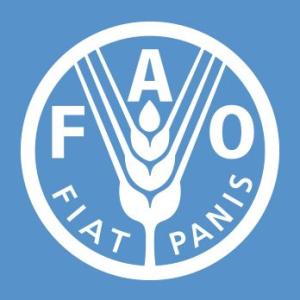Tehran – The Food and Agriculture Organization of the United Nations (FAO) in the Islamic Republic of Iran, in partnership with the Ministry of Agriculture Jahad, organized a series of specialized training workshops aimed at enhancing the capacity of stakeholders in the pistachio value chain.
Held on 26 January to 5 February 2025, the initiative focused on developing and implementing comprehensive mycotoxinmanagement plans tailored to ensure safer crop production, reinforcing best practices for pistachio safety and quality.
FAO brought together 60 national key stakeholders from the government, private sector including pistachio growers, processors and traders as well as academia to strengthen capacity in mycotoxin prevention, detection, and control across the pistachio supply chain. The workshop equipped participants with the necessary tools and strategies to enhance pistachio quality and competitiveness in the global pistachio market.
Led by Paola Battilani, FAO’s International Pistachio Value Chain and Processing Consultant, the workshops were conducted under the Project entitled “Improving Pistachio Production and Export through Establishment of Integrated Product Management.”
Strengthening pistachio safety and export potential
As one of the world’s top producers and exporters of high-quality pistachios, Iran’s pistachio industry plays a crucial role in the country’s economy and the global nut trade.
Globally, aflatoxins, produced by Aspergillus fungi, can develop at various stages of the pistachio supply chain, influenced by environmental conditions, agricultural practices, and post-harvest handling.
To address these challenges, Iran has been implementing good agricultural practices (GAPs), applying strict quality control mechanisms, improved drying and storage methods, enhanced mycotoxin testing capabilities, and biological control solutions.
The FAO-led workshops provided a platform for knowledge exchange and technical capacity building, equipping industry stakeholders across Pistachio value chain with the latest scientific insights and risk mitigation strategies.
By fostering collaboration among regulators, industry stakeholders, and researchers, the training strengthened knowledge-sharing networks and laid the groundwork for comprehensive mycotoxin management plans, further improving the safety, quality, and global competitiveness of Iranian pistachios.
FAO’s commitment to better production
FAO’s Technical Cooperation Project is designed to enhance integrated pistachio supply chain management, focusing on productivity, harvesting, processing, and compliance with food safety regulations. By fostering efficient and inclusive supply chain practices, the project aims to ensure sustainable pistachio production and consumption, ultimately contributing to food and nutrition security, economic growth, and strengthened global competitiveness.




